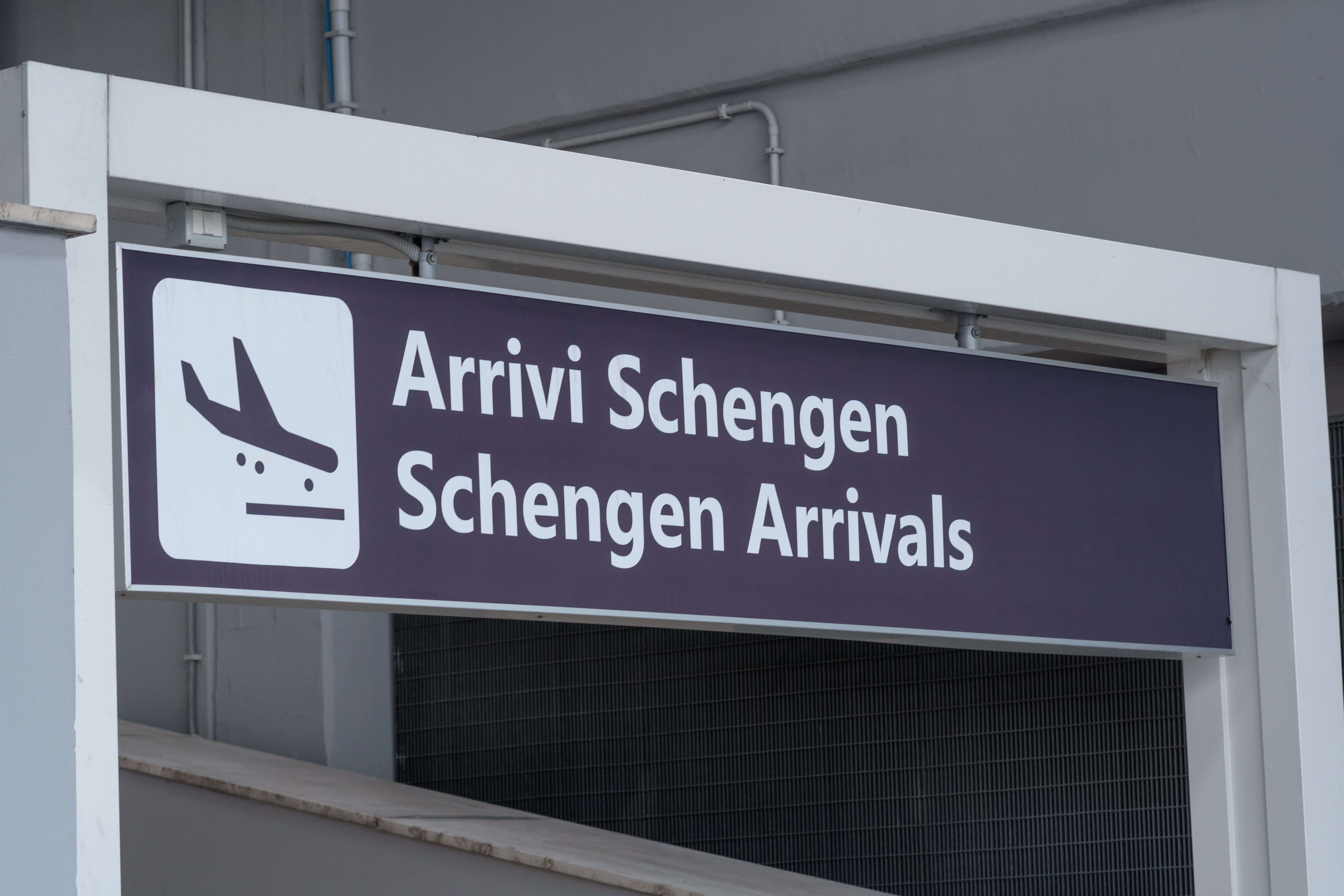The discussion of the government bill on Cyprus’ plan to join the Schengen zone – a target set by the government for some time next year – kicked off at the House foreign affairs committee on Tuesday.
The bill makes the foreign ministry the competent national authority for Schengen-related issues, while the deputy ministry of research, innovation and digital policy is tasked with implementing the tech side.
Speaking to the media later, Diko deputy Chrysis Pantelides said they aimed to wrap up the bill’s review quickly and then take it to the plenum for a vote.
Pantelides praised the current administration for “the many steps taken regarding Cyprus’ accession to the Schengen zone…which are also in line with the actions being taken for the US visa waiver programme”.
He said he was confident that joining Schengen would place Cypriot nationals “completely on the same footing with the nationals of other countries in terms of the movement of people…”
Adoption of the legislation, he added, will be the most crucial step prior to the accession of the Republic of Cyprus into the Schengen zone.
The committee session was attended by the first lady, Philippa Karsera Christodoulides in her capacity as the head of the foreign ministry’s Directorate of Schengen and Consular Affairs.
Pantelides went so far as to liken the application to join Schengen to Cyprus’ application to join the European Union; Cyprus became a full member of the bloc in 2004.
“It’s a critical step towards harmonisation, but other steps remain because we must not forget that it will come down to a political decision taken at some point by all the EU member states.”
He was alluding to the fact that accession to Schengen requires unanimous approval by all the zone’s current 29 member-states.
Back in May, President Nikos Christodoulides asserted that Cyprus would join next year. The technical aspects would be ironed out by the end of 2025, he added.
Cyprus and Ireland are the only EU member states that are not part of the Schengen Area.
Joining Schengen will effectively abolish border checks between the Republic of Cyprus and 29 European countries, with air and maritime passenger transport to the continent thus no longer requiring a passport or identity card check.
Key requirements for joining include strengthening border controls. Particular attention on this front has been paid to the Green Line, which, while not de jure an external border, is said to “require strict controls” and is not exempt from EU frontier standards.
Cyprus is also required to strengthen its consular presence internationally through further representation and cooperation agreements with other states and “external providers”.
Another important step towards Schengen zone membership is the application of the Schengen acquis on visas and migrant returns.






Click here to change your cookie preferences